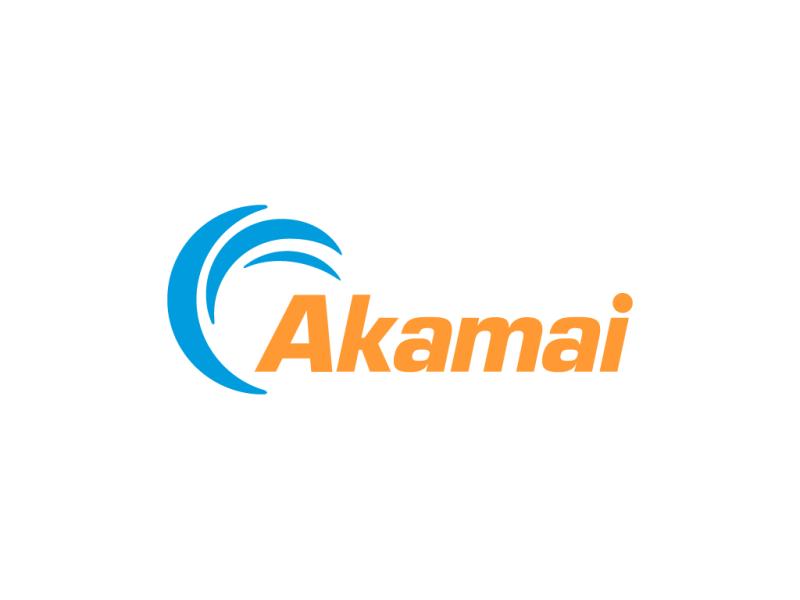The FinTech Five – 4th August 2023
04 August, 2023
Welcome to the FinTech Five, where we take a fortnightly look at the best articles, news, insights and features from our FinTech Wales members and the Financial Services industry in the UK.
One of the biggest topics hitting the financial market at the moment is the new Consumer Duty framework that came into effect on July 31st. So, we’ve included two insightful articles that help demystify the new regulation.
1. Better service, fewer rip-offs — the new consumer rules aiming to fix our financial woes

The City regulator’s mammoth Consumer Duty document sets out how companies should treat customers. In a new article from The Times, Holly Mead pores over the details so you don’t have to.
The article reads: “Say goodbye to unfair insurance price rises, to banks that don’t pass on higher savings rates, and to accounts that are impossible to close… a new piece of legislation promises to make financial products and services fairer for consumers.
“After years in the making, the Consumer Duty comes into effect on July 31, forcing – or strongly encouraging, at least – companies to put their companies first. Will it work?”
2. QED Investors Insight: Consumer duty – With big data comes great responsibility

Yusuf Özdalga, a London-based partner at QED Investors with a focus on U.K. and European fintech and proptech companies, also breaks down the new Consumer Duty regulation in a recent article.
“In effect, the new consumer duty framework is nothing short of a wholesale transformation of how financial service providers need to approach the provision of products and services to their customers.”, Yusuf explains.
“In the not-so-distant past, say 30 years ago, financial institutions had lots of branches and capital. The regulators had a mandate to promote financial stability, but also to make sure customers were treated as fairly and transparently as possible. Hence, there were lots of regulations around how branches were managed and how (and to whom) capital was dispersed.
“Fast forward to today, and in addition to capital and branches, banks also sit on enormous amounts of consumer data…. While it is not exactly publicized in this manner, the duty is in fact an early step towards regulating this data, or rather the entities that own and have access to this data.”
Click here to read the full article.
3. Go.Compare secures exclusive deal to offer UK’s only Pay As You Go tariff with no standing charge

Go.Compare Energy has secured an exclusive agreement with Utilita to offer its ‘no standing charge’ Pay As You Go (PAYG) tariff, to help consumers wanting to gain better control of their energy budgeting.
This is the first time that a specialist Smart PAYG Energy supplier has partnered with a price comparison website and is the only PAYG tariff without a standing charge currently on any UK price comparison site.
Go.Compare customers can access the tariff now, to take advantage of this smart PAYG offering, which includes a state-of-the-art smart display, access to energy usage insights for better savings, no standing charge, no exit fees and face-to-face customer service across ten high street Energy Hubs.
4. Delio highlights the biggest challenges private banks are facing

In an ever-evolving financial landscape, private banks find themselves faced with a range of challenges. As providers of exclusive financial services to some of the world’s wealthiest individuals, these institutions must adeptly navigate through complex obstacles to stay relevant and meet the diverse needs of their discerning clients. These will include plotting a course through volatile market conditions and adapting to rapidly advancing technologies, as well as addressing regulatory complexities and meeting the ever-evolving demands of clients.
Recently, Citywire hosted a roundtable of CEOs from renowned private banks to delve into the pressing challenges they currently face within the market. This insightful session shed light on the intricacies and hurdles these institutions confront on a day-to-day basis. In a recent blog, Delio explore some of the key challenges that were highlighted and share their own perspectives on these topics.
Click here to read Delio’s blog.
5. Akamai Announces API Security Product to Protect APIs From Business Abuse and Data Theft

Akamai Technologies, Inc. (NASDAQ: AKAM), the cloud company that powers and protects life online, announced the availability of API Security, a product that stops application programming interface (API) attacks and detects business logic abuse inside APIs. In addition, Akamai’s API Security discovers, audits and monitors API activity using behavioral analytics to rapidly respond to threats and abuse.
API security has become a critical concern for organizations as API attacks continue to grow. A recent State of the Internet report by Akamai noted that 2022 was a record year for application and API attacks. Once an API has been authorized by a web application and API protection (WAAP) product, security teams have no visibility into its use within the organization. Malicious actors are aware of this blind spot and have shifted to abusing the vast API attack surface.
Akamai’s stand-alone API Security solution is a result of Akamai’s acquisition of Neosec, announced in April of this year.
Read the full announcement here.
Until Next Time
That’s it for the FinTech Five this week. Thank you for reading, and don’t forget to join us fortnightly for more of the best news highlights from across our FinTech Wales membership.